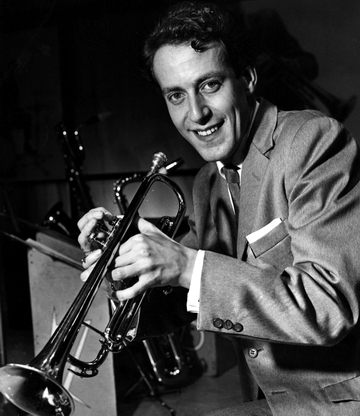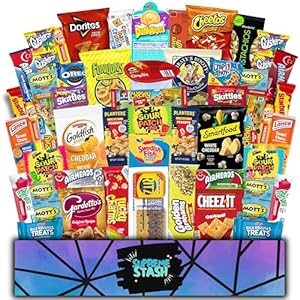
John Barry first formed the group in Yorkshire in 1957, after he completed his military service in the British Army.
While playing at the Rialto Theatre in York, they were spotted by London agent Harold Fielding, who gave them a summer gig as Tommy Steele‘s backing band in an extended engagement in Blackpool.
This, in turn, earned them a spot on the BBC’s youth music television showcase Six-Five Special in September 1957.
Signing to EMI’s Parlophone label, they released their debut single, Zip Zip, which failed to attract significant sales anywhere other than Barry’s hometown of York.
The group subsequently made regular appearances on the BBC and rival ITV, and were included in the 1958 movie The 6.5 Special, where Barry sang on two numbers.
By the end of 1958, the group had moved to London and become a permanent fixture on the new Jack Good-produced show Oh Boy!, performing in their own spot (with Barry singing) and accompanying other artists. That year, they also earned a Top Ten single in London with Farrago.
The group experienced a number of line-up changes, with Barry and guitarist Keith Kelly remaining as the only constants.

By 1959, the John Barry Seven had moved to the television series Drumbeat, which led to the group becoming the backing band for the show’s host, Adam Faith and Barry becoming Faith’s musical arranger.
Faith became a big star and, in the process, the John Barry Seven were suddenly one of the two top backing bands in England, surpassed only by The Shadows.
The group featured in Faith’s debut feature film vehicle, Beat Girl (1960), with John Barry composing, arranging and conducting his first film score. Barry subsequently won five Academy Awards and four Grammy Awards, with movie scores for, among others, Born Free (1966), The Lion in Winter (1968), Midnight Cowboy (1969) and Somewhere in Time (1980)

The band also enjoyed their own chart successes with Hit and Miss (1960) and Never Let Go.
John Barry ceased appearing with the band on tour after September 1961, replacing himself on trumpet with Bobby Carr (whose tenure with the band was tragically short-lived as he was murdered just a few months after getting the gig with the band), and promoting guitarist Vic Flick to the group’s leader.
Barry began releasing records credited to The John Barry Seven Plus Four, The John Barry Seven and Orchestra, and other variants.
In 1963, Vic Flick, whose guitar can be heard on the original recording of the James Bond Theme, left the band, and Barry reorganised the lineup once more.

New drummer Bobby Graham became the de facto leader for a while, but by 1964, Alan Bown and Terry Childs were the only surviving members of the new lineup, and Bown began rebuilding the band as its leader. The following year, Barry – overextended in his obligations as a producer, arranger, and composer – finally decided to consign The John Barry Seven to history.
The John Barry Seven were also sounding very dated against the kind of rock & roll that was now in fashion, with Merseybeat overwhelming the charts and a tougher, bolder R&B sound coming to the fore.
The Alan Bown Set emerged from the final lineup of the John Barry Seven with Bown, Bannister, Haldane, and Green at its core.
John Barry suffered a rupture of the oesophagus in 1988, following a toxic reaction to a health tonic he had consumed. He died of a heart attack on 30 January 2011 at his New York, aged 77.
John Barry
Vocals, trumpet
Ken Richards
Lead guitar
Keith Kelly
Rhythm guitar
Fred Kirk
Bass
Mike Cox
Tenor saxophone
Derek Myers
Alto saxophone
Ken Golder
Drums
Jimmy Stead
Baritone saxophone
Mike Peters
Bass
Dennis King
Tenor saxophone
Dougie Wright
Drums
Vic Flick
Guitar
Bobby Carr
Trumpet
Bobby Graham
Drums
Ray Russell
Lead guitar
Dave Richmond
Bass
Ron Edgeworth
Keyboards
Terry Childs
Baritone saxophone
Bob Downes
Tenor saxophone
Alan Bown
Trumpet
Ray Styles
Bass
Tony Ashton
Keyboards
Dave Green
Tenor saxophone
Ron Menicos
Lead guitar
Mike O’Neil
Keyboards
Stan Haldane
Bass
Ernie Cox
Drums
Jeff Bannister
Keyboards
Trending Products


![NOW Country Classics: 90âs Dance Party[Lemon & Spring Green 2 LP]](https://m.media-amazon.com/images/I/61hVquUofcL._SL500_._SS300_.jpg)





